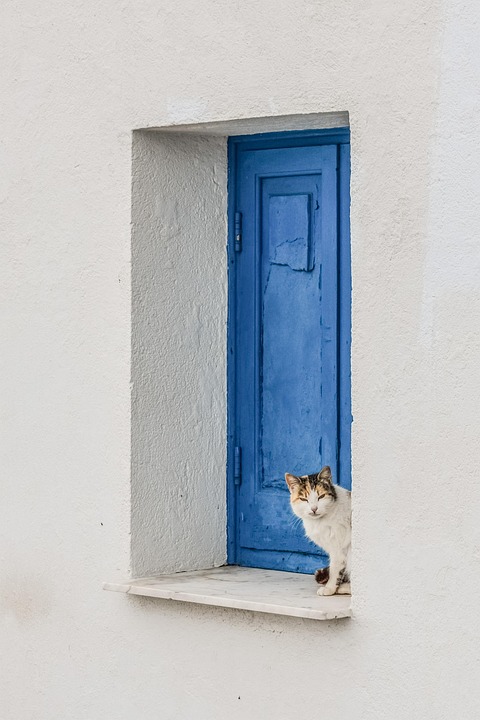Living with a vocal cat can be both endearing and challenging. Excessive vocalization is a common sign of anxiety or stress in cats, and understanding the underlying causes can help you address this behavior more effectively. In this article, we will explore the reasons behind excessive vocalization in anxious or stressed cats and provide practical tips to help you cope with this issue.
Unveiling the Causes of Excessive Vocalization in Cats
There are several factors that can contribute to excessive vocalization in cats. Understanding these causes can help you pinpoint the underlying issue and address it appropriately.
Anxiety and Stress Triggers: Cats can become anxious or stressed due to various triggers, such as changes in their environment, new additions to the family, or loud noises. Excessive vocalization can be their way of expressing their discomfort.
Breed Predispositions: Some cat breeds, such as Siamese and Oriental breeds, are known for being more vocal than others. While this is not necessarily a sign of anxiety or stress, it is important to differentiate between normal breed behavior and excessive vocalization caused by stress.
Medical Conditions: Certain medical conditions, such as hyperthyroidism or pain, can cause cats to vocalize excessively. It is important to rule out any underlying medical issues by consulting with a veterinarian.
Environmental Factors: Cats are sensitive to their surroundings, and changes in their environment can trigger anxiety or stress. This can include changes in their living space, routine, or the presence of unfamiliar animals or people.
Recognizing the Signs of Anxiety or Stress in Cats
In order to effectively manage excessive vocalization, it is important to recognize the signs of anxiety or stress in your cat. These signs can include:
Increased Vocalization: Excessive meowing, yowling, or caterwauling can indicate anxiety or stress in cats.
Changes in Appetite and Sleep Patterns: Anxious or stressed cats may show a decrease or increase in appetite and may have difficulty sleeping or exhibit restless behaviors.
Aggression or Withdrawal: Cats may become aggressive towards other animals or humans, or they may withdraw and hide in response to anxiety or stress.
Inappropriate Elimination: Some cats may urinate or defecate outside of their litter box when they are anxious or stressed.
Coping Strategies for Excessive Vocalization in Anxious or Stressed Cats
Creating a calming environment for your cat is essential in managing excessive vocalization. Here are some practical tips to help you cope with this issue:
Create a Calming Environment: Provide a safe haven for your cat, such as a quiet room with hiding spots and comfortable bedding. Use pheromone diffusers, such as Feliway, to create a calming atmosphere. Engage your cat in enrichment activities, such as puzzle toys or treat-dispensing toys, to keep them mentally stimulated.
Establish a Routine: Cats thrive on routine, so establish consistent feeding times, regular playtime and exercise, and predictable social interactions. This can help reduce their anxiety and provide a sense of security.
Promote Relaxation Techniques: Provide elevated perches for your cat to climb and observe their surroundings. Use soothing music or white noise to create a relaxing atmosphere. Incorporate interactive toys, such as wand toys or puzzle feeders, to engage your cat and redirect their focus.
Consult with a Veterinarian or Veterinary Behaviorist: If your cat’s excessive vocalization persists or worsens, it is important to consult with a veterinarian or veterinary behaviorist. They can help rule out any underlying medical causes and provide guidance on behavior modification techniques or medication options if necessary.
Conclusion
Excessive vocalization in anxious or stressed cats can be distressing for both the cat and the owner. By identifying the underlying causes and implementing appropriate coping strategies, you can help manage your cat’s excessive vocalization and create a more peaceful environment for both of you. Remember, every cat is unique, so be patient and consult with professionals when necessary.








